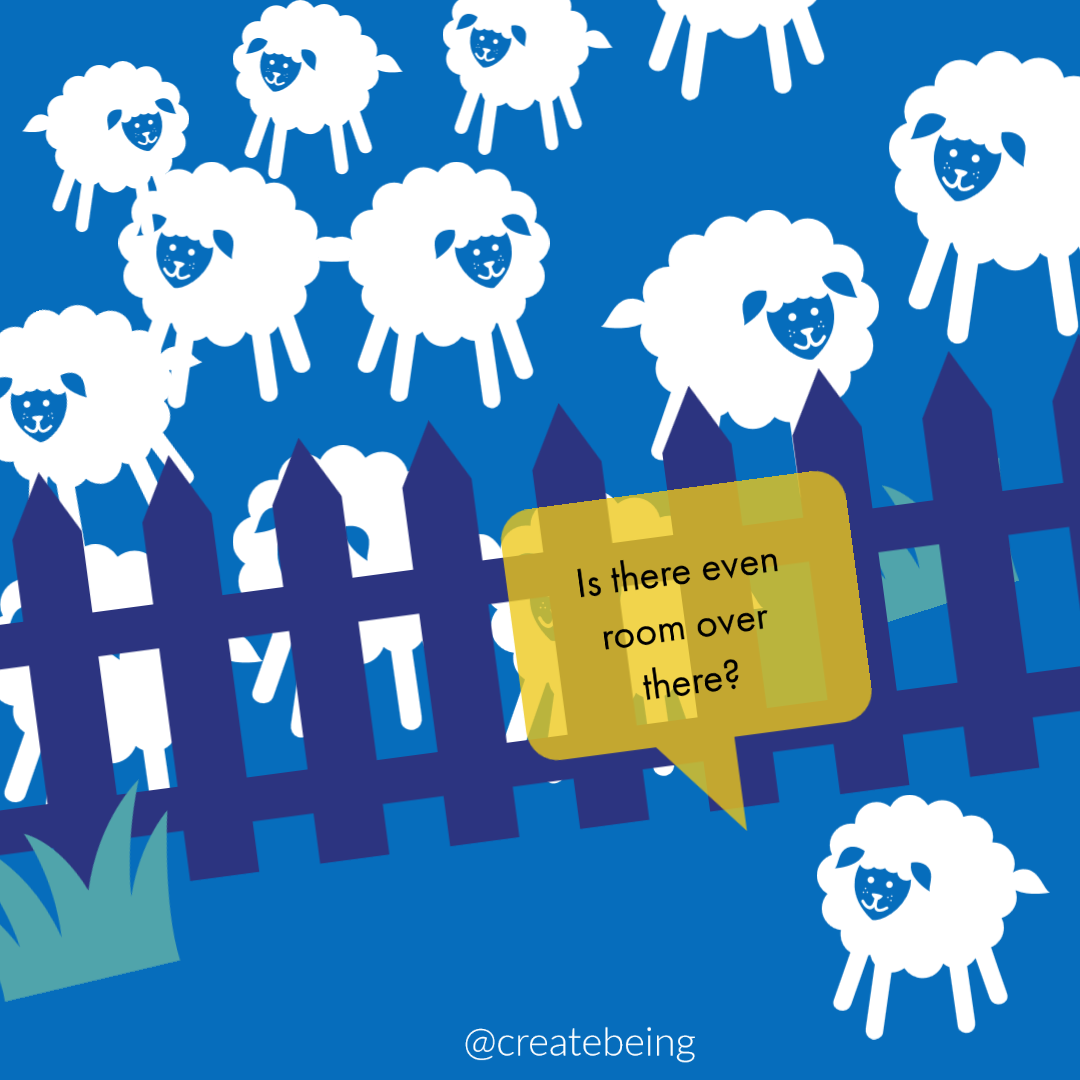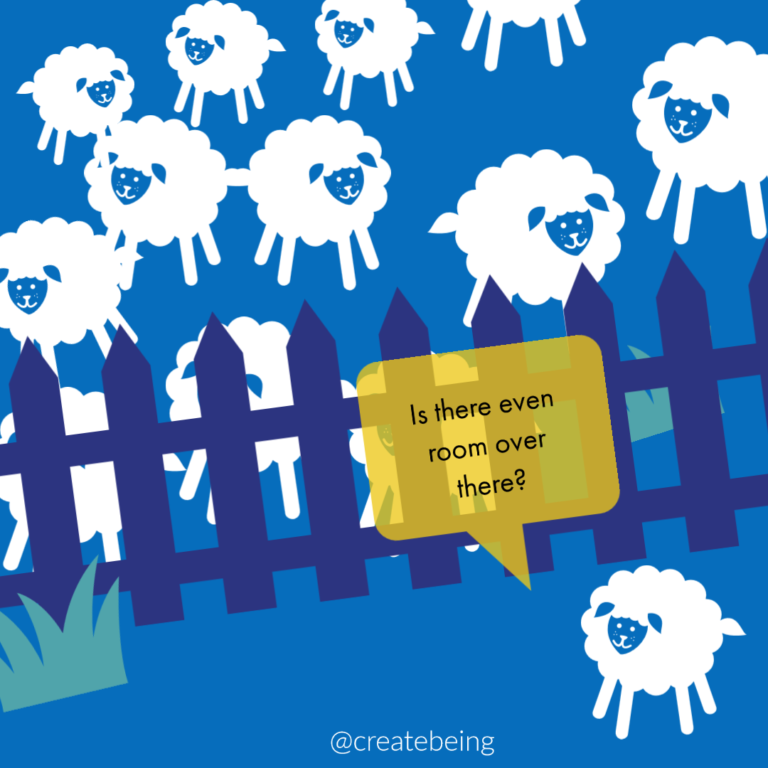Sleep troubles during COVID-19

Sleep Troubles During COVID-19

What has your relationship with sleep been like?
During these last few weeks, we’ve noticed that sleep has been a challenge. Our insecurities and fears of COVID-19 and what may happen in the future are certainly affecting our slumber.
We took a survey on our Instagram Story and saw that 78% were having a harder time with sleep than usual. Then on Facebook we heard from you that sleep has been strange too (weird dreams, staying up late, and insomnia is worse than before). Thank you so much for sharing and showing us that we are not alone!
With so much uncertainty and our safety being challenged, the stress of our waking days has affected our sleepless nights. And when we do sleep, the dreams are troubling, resulting in waking up feeling strange and blurry. All of this, of course, affects our mental health.
Now that we are physically distant and working from home (at least those of us who are not front-line workers) your schedule, routines and responsibilities have changed. You may be tempted to oversleep, making it harder to wake up on time. That can leave your brain feeling groggy, irritable and unfocused throughout the day. There has been a 200% increase of online searches about sleep deprivation in the last few weeks. Falling asleep and having strange dreams is clearly affecting many of us, and this can have a real effect on our waking hours.
So why is sleep important during a pandemic?
- Sleep empowers an effective immune system. Solid nightly rest strengthens our body’s defenses.
- Sleep heightens brain function. Our mind works better when we get good sleep, contributing to complex thinking, learning, memory, and decision-making. For adults and children adapting to work and school at home, good sleep can help them stay sharp.
- Sleep enhances mood. Lack of sleep can make a person irritable, drag down their energy level, and cause or worsen feelings of depression.
- Sleep improves mental health. Besides depression, studies have found that a lack of sleep is linked with mental health conditions like anxiety disorder, bipolar disorder, and Post-Traumatic Stress Disorder (PTSD).
When it comes to creating or maintaining sleep hygiene, the typical tips of creating a routine include avoiding caffeine, limiting your screen time one hour before bed, and not napping during the day.
Here are some other suggestions to that may help you catch more ZZZs:
- Set your alarm, skip the snooze button, and have a fixed time to get every day started, yes even on weekends.
- Have a wind-down time. This is an important time to relax and get ready for bed. It can involve things like light reading, stretching, and meditating along with preparations for bed like putting on pajamas and brushing your teeth. Given the stress of the coronavirus pandemic, it’s wise to give yourself extra wind-down time each night.
- Pick a consistent time to actually turn out the lights and try to fall asleep.
- Showering and getting dressed even if you aren’t leaving the house.
- Eating meals at the same time each day.
- Blocking off specific time periods for work and exercise.
- Get into bed only when you’re sleepy.
- Only spend 20 minutes in bed trying to fall asleep. After 20 minutes, get out of bed and move to a different place, and read something boring until you get sleepy.
- Be careful with naps, don’t want to over sleep.
- Practice kindness and foster connection.
- Reserve the bed for sleep.
- Keeping a healthy diet can promote good sleep.
- Keep your room at a cool temperature.
- As much as possible, open windows and blinds to let light into your home during the day.
- Frequently changing your sheets, fluffing your pillows, and making your bed can keep your bed feeling fresh, creating a comfortable and inviting setting to doze off.
Your sleep preparation doesn’t just start when you are ready to crawl into bed. What you do in the daytime will also help you feel more at ease for when you close your eyes to count your sheep. Also keep in mind, you don’t have to do all the above activities, take your time in finding the best solution to get the sleep you need.
While you are in bed, you may turn on a guided meditation to help you fall asleep. If you want to try something new, I recommend a sleep podcast that has been very helpful called Nothing Much Happens. In this podcast, a writer reads you their stories with the goal of lulling you off to sleep. It’s helped me in the past.
There is a lot of change and uncertainty, we all feel it. You are not alone. We hope you have a good night’s rest. Let us know if any of the tips shared are helpful and any new ones you want to try.
